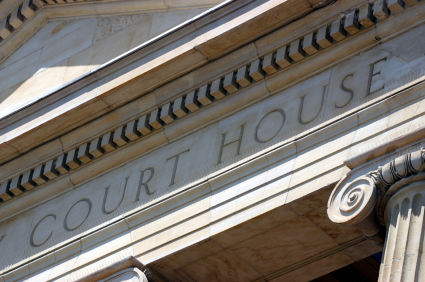P.O. Box 600102
Dallas, Texas 75360-0102
(214) 498-5396
(214) 237-5904 (fax)
info@tjeremywatson.com
The Law Offices Of
T. Jeremy Watson
A will can be challenged if it was later revoked by the testator. The testator is the person to whom the will belongs. Once revoked, a will cannot be "un-revoked."
By Physical Act: A testator may revoke a will by tearing it up or by directing someone else to destroy the will in his or her presence with the intent to revoke it.
By Subsequent Instrument: A will may also be revoked in writing. Any writing revoking a will must meet all the same formalities required to create a will. Generally, a later will may specifically state that it revokes all prior wills. A will that does not do so will generally act to revoke by implication only those inconsistent provisions of any prior wills. If the later will does NOT specifically revoke all prior wills, then the court will generally read the prior will together with the later will to determine if any of the prior will's provisions can be given effect consistent with the later will.
In the event that a will cannot be found to be destroyed, and if a testator wishes to revoke a missing will without creating another, a will can be revoked by a writing that only seeks to revoke the prior will, But again, it must meet the same formalities required to create a will.
Lost Will: If the original copy of a will is lost and cannot be offered to probate, the court may presume that the will was revoked by the testator. However, with sufficient evidence to explain the absence of the original will, a court may overcome this presumption and admit the will to probate even if it is never found.
REVOCATION:
There are several ways a will can be revoked:
Will Contest




